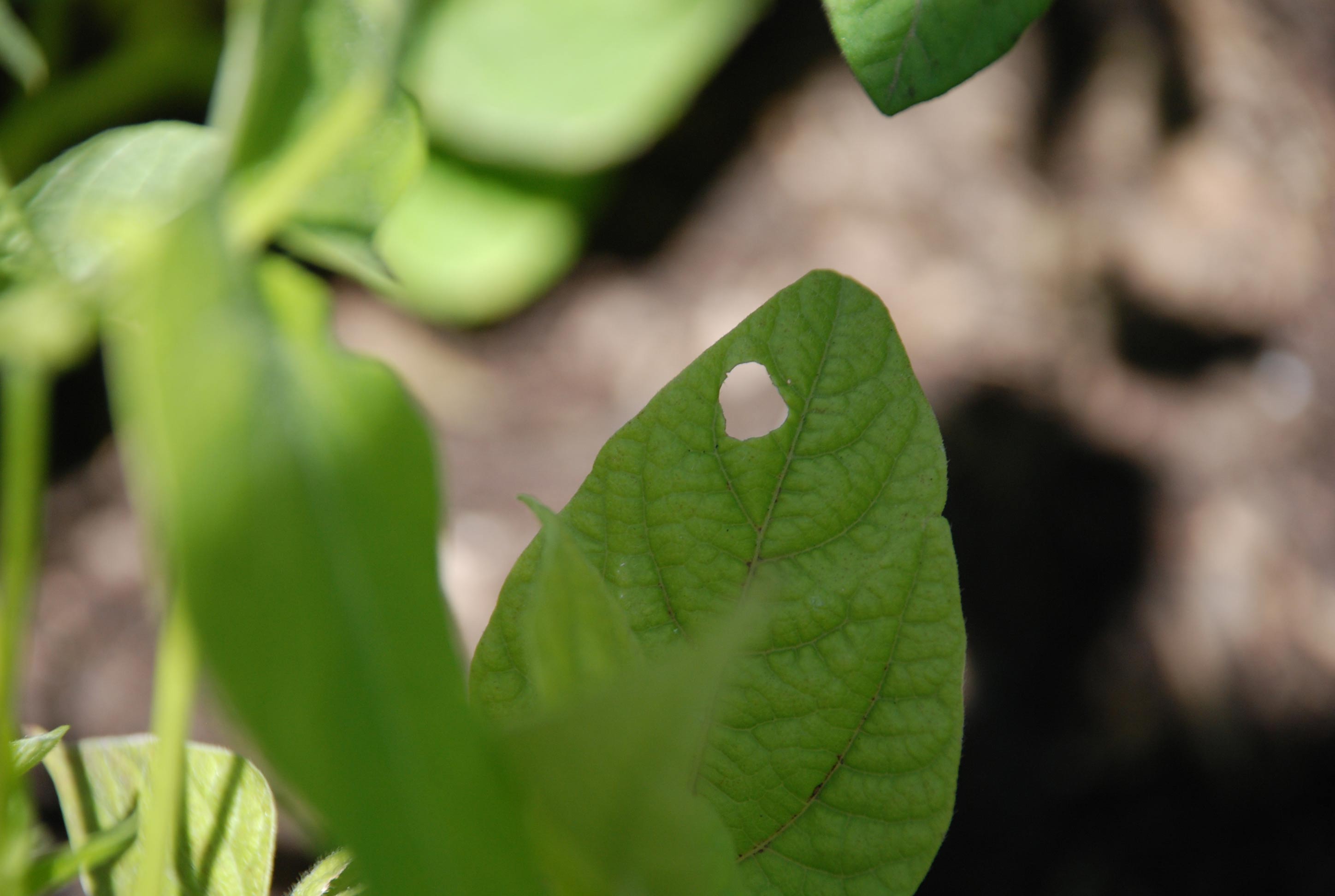
A Pestless Paradise: Keep Slugs Out of the Garden
By Sarah Moore
There’s nothing more discouraging than tilling, mulching, planting, watering, weeding, and generally babying a garden, only to find it one day taken over by that heinous nemesis of gardeners everywhere: the slug. Gardeners in the Northwest, where the rain and general lack of heat and humidity create conditions quite conducive to happy slugs, may find themselves plagued by this pernicious pest, and for new gardeners it can be especially discouraging.
Like snails, slugs love the same things we do, and are especially attracted to anything green and leafy. Unfortunately, it can be very difficult to catch these creatures in the act. Since they’re nocturnal, they often come out at night and are gone by morning. Sadistic gardeners, hoping to find and drop the perpetrators in vats of punishing salt, my be disappointed when they’ve already vanished.
Take heart: it may seem like you’ve tried everything, but there are things you can do short of blasting your garden with toxins. This is not to say that commercial slug bait won’t turn the trick; it will. But for those who want a cleaner, more Earth-friendly approach to ridding themselves of slugs for good, try these handy approaches.
1. Beer: Believe it or not, slugs love beer just as much as their human counterparts. They will happily drink themselves to death, especially if you put the beer in containers buried to the brim in soil. That way, they go in, but they never come out. Soft-hearted gardeners can take comfort in the fact that it’s probably the nicest way a slug could die.
2. Copper: Slugs and snails hate copper; to them touching it is like receiving a 50,000-volt shock straight to their delicate skin. If that seems sick to you, keep in mind that lining the base of your beds with copper stripping will more likely repel than kill the creatures.
3. Coffee: Turns out caffeine is a major offense where the slimy little guys are concerned. If you’re a coffee drinker anyway, this is especially easy. Instead of dumping your grounds in the garbage or compost, spread them around the base of your lettuce and tomatoes. You’ll repel pests while mulching your plants.
4. Fruit Bait: Citrus rinds are a great way to attract slugs. They love them, and when peels are left overnight or for a few days, you’ll often find them covered with slugs that haven’t managed to make it to your plants yet. Make sure you use fresh rinds though; dried ones won’t have the desired effect. Old lettuce works too … simply leave out the night before and collect the next morning.
5. Chickens: This is, perhaps, the most effective way to keep a lid on the mollusk population. Chickens are up early in the morning and quite late at night, depending on the time of year. Since slugs come out around evening time, try
turning your birds loose in the vegetable patch right around then and watch what happens. Usually they’ll go for bugs and slugs over veggies, which is good for egg production and your plants. If you see any suspicious activity, however, be sure to get them right back out.
While it might be tempting to sit all day by your beloved vegetable garden, waiting armed with a hair dryer to blast the first sucker you see, that’s unfortunately not the best approach. To protect your plants, you need a solution that involves minimal time and maximal effectiveness. The majority of the time, one of these five suggestions will do the trick. If all else fails, head to the garden store for organic, human-friendly slug bait. Either way, slugs are simply a very annoying problem, not a permanent one.



Leave a Reply